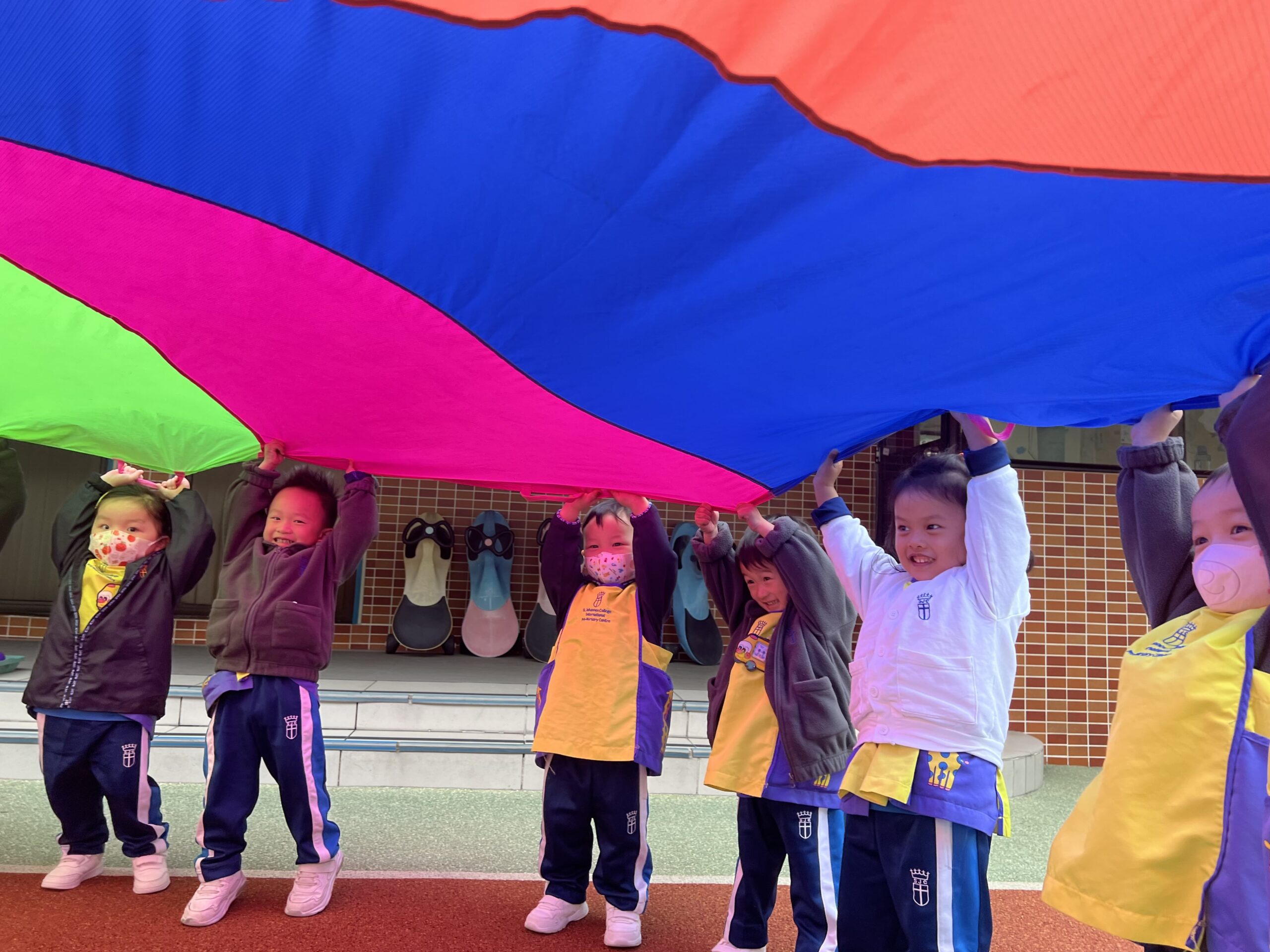Anti-Bully Policy

Philosophy and Objective
The school hopes the children can study happily and grow up healthily in a harmonious environment. This policy aims to let every student and parent of St. Johannes College know and understand that the culture of school bullying is an unacceptable discipline issue. Proactive prevention measures will be taken to prevent school bullying from happening.
The policy is not limited to students, but can be applied to any age group, including adults, to protect all members of the school from the threat of bullying.
This policy can enhance the ability to deal with bullying incidents, strengthen counselling for students and support parents, promote whole-person development and growth, and to let students, parents, and teachers pay attention to school bullying behaviours, cooperate actively, and carry out the spirit of mutual trust and love, encourage counselling measures to facilitate the personal and physical development of all our students.
St. Johannes College
Policy Content
Identify School Bullying
a. Definition of Bullying
Most definitions of “Bullying” are commonly assessable, includes having all three of the following elements:
1. Recurrence: Bullying occurs repeatedly over a period rather than a single incident
2. Malicious: The bully intended to hurt someone either physically or emotionally
3. A state of imbalance power: the bully is obviously stronger than the victim, and bullying occurs when the victim fails to protect him/herself.
In conclusion, bullying includes the following three categories:
1. Physical and behavioural violence, including but not limited to punching, kicking, slapping, pushing, and tripping, pulling hair and extorting money or items, etc.
2. Verbal aggression including but not limited to cyber, intimidation, foul language, slander, sarcasm, calling “fake names” and ridiculing or insulting personal characteristics.
3. Exclusion including but not limited to distributing false information to hurt others or expressing unfriendliness, boycotting, or excluding victims, etc.
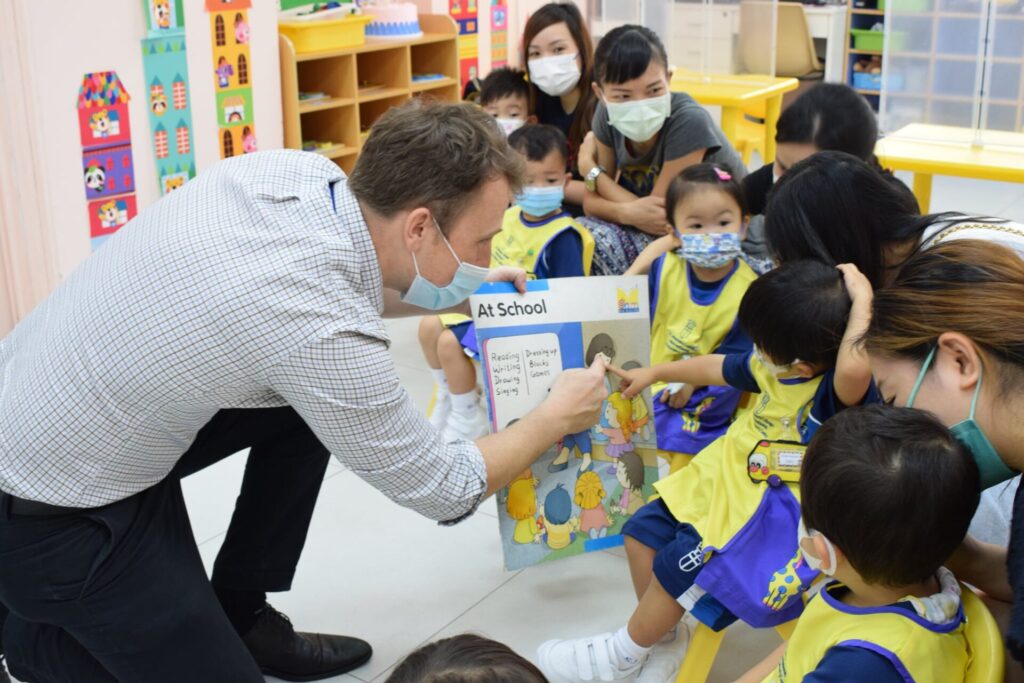
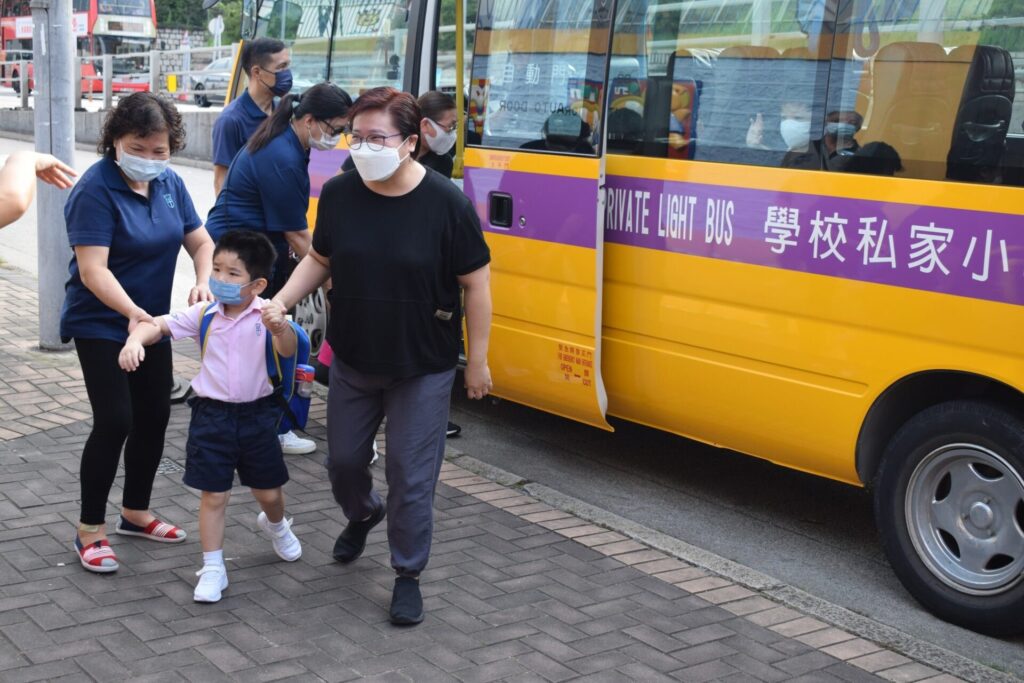
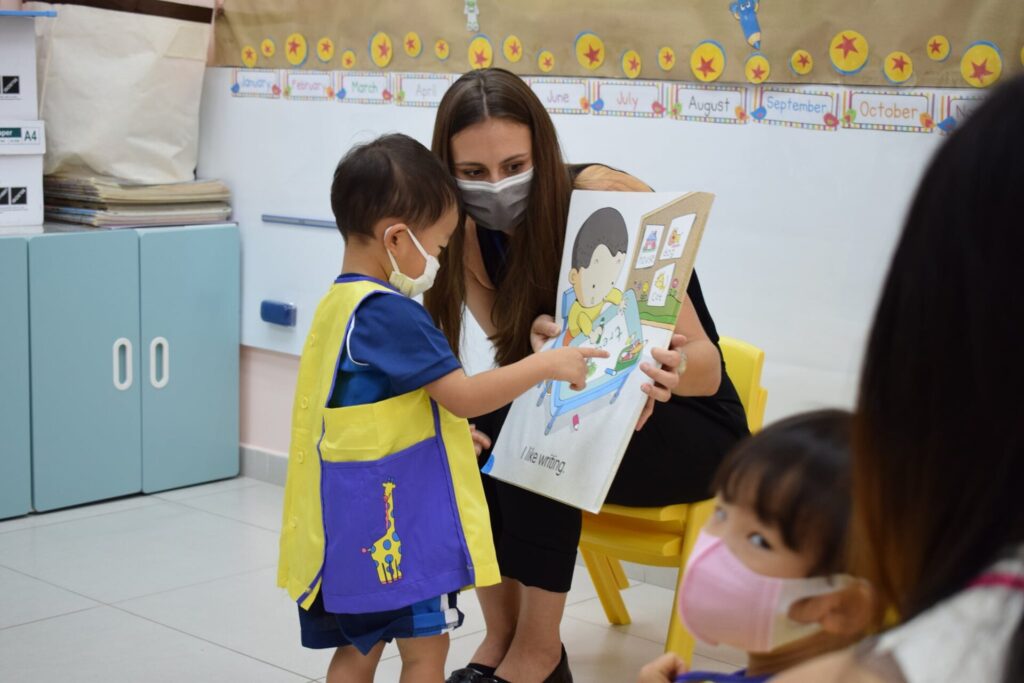

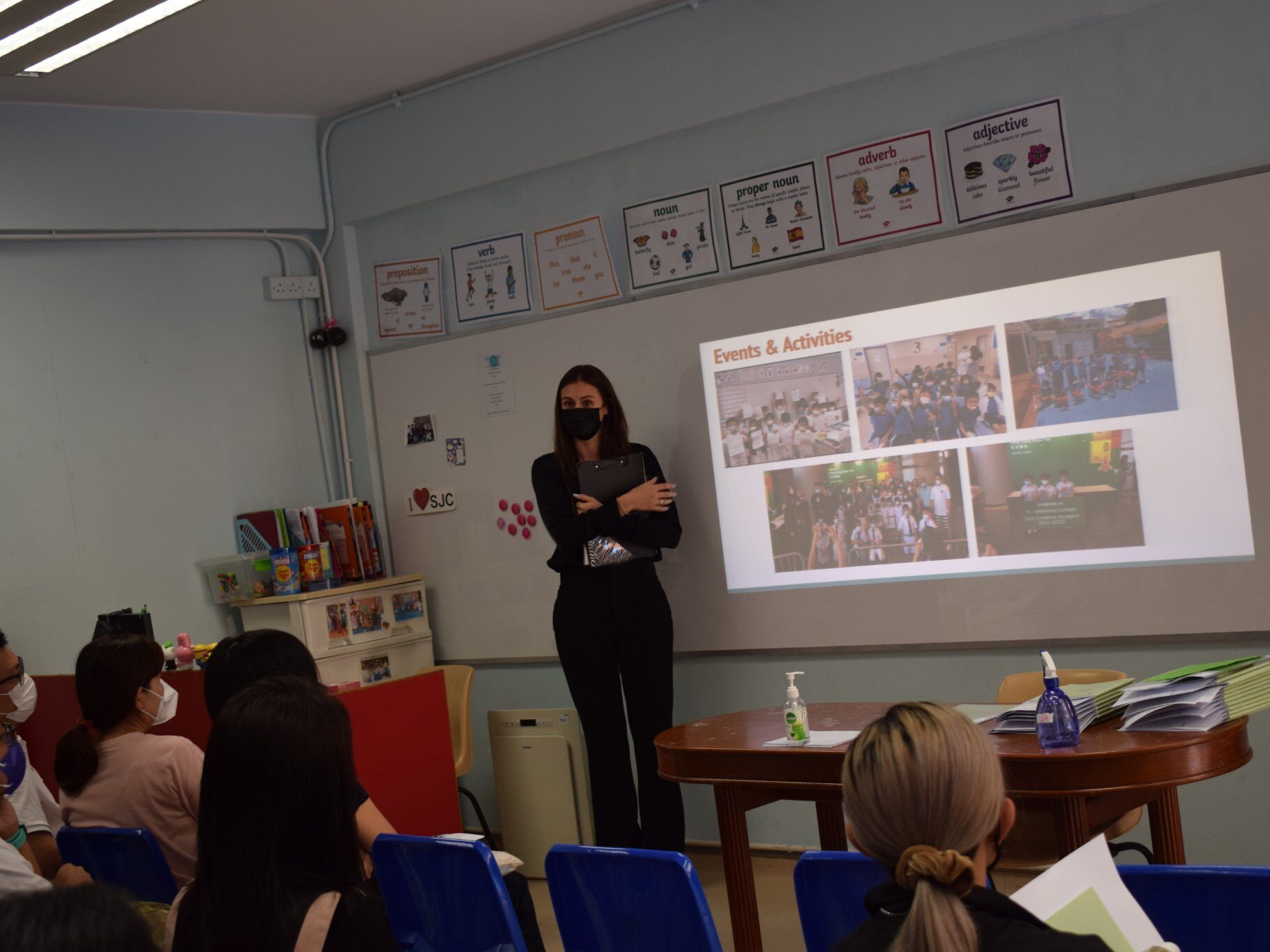
Prevent School Bullying
a. Prevention Strategy
· Anti-bullying courses will be included within the school’s Good Habits Educational Programme to promote anti-bullying messages and harmony.
· The school promotes goodwill communication to strengthen students’ mutual respect and care for each other.
· Strengthen the consensus on class formation work by considering students’ personalities and social skills in order to reduce the conflicts among students.
b. Mutual Trust Strategy between Home and School
In the process of dealing with bullying incidents, the bully and the victim often have different interpretations of the incident. The school understands the parents love their child/ children, so it is easy or unintentional to stand on the side of their own child/ children. At the same time, we must understand that when dealing with bullying incidents is a process for students to learn and grow. Teachers and parents shall work together to deal with the incidents in a rational, tolerant, and fair manner. It is also a good example for students. Therefore, for building mutual trust between home and school, the followings are suggested:
· In case of any suspected bullying incidents, report to the relevant teachers for immediate follow-up.
· Participate in regular parenting or compassionate communication workshops and seminars to understand children’s social and emotional needs.
· Understand the procedures for dealing with bullying incidents in school (refer to the diagram on p.11)
c. Staff Training
· The school will organise regular Teacher Development Days by inviting professionals or educators from other schools to share, for teachers to understand bullying and effectively deal with conflicts and problems among students, as well as understand school policies and guidelines for anti-bullying.
· Provide professional training on compassionate communication to the members of the Discipline and Support team and to all teachers.
d. Student Education
· Educate and counsel harmless bullies individually, teach bullies and victims how to deal with conflicts and emphasise consequences.
· Introduce anti-bullying and prevention topics in the Good Habits Educational Programme· Provide emotional management training for bullies.

